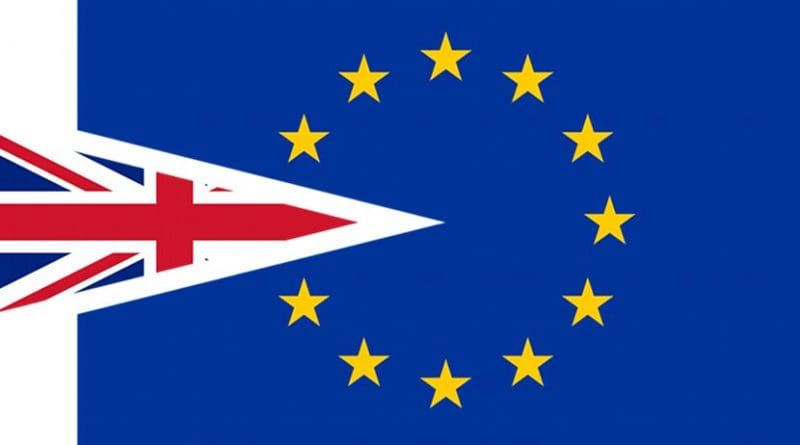Constitutional Uncertainty And Political Disputes Put Green Brexit At Risk
A Green Brexit could be under threat without greater cooperation between devolved nations and the UK government, a study led by the University of Sheffield has found.
The Brexit and Environment network spent a year researching the implications of Brexit for environmental policy, working closely with stakeholders in Scotland, Wales and Northern Ireland.
In a suite of reports published today (10 October 2018), they identify a set of key challenges that threaten the delivery of a Green Brexit.
Key findings include:
- Brexit preparations threaten the common environmental ambitions that currently unite the Scottish, Welsh and UK governments, heightening the risk that the environment will be downgraded on the policy agenda.
- The Department for Environment, Food and Rural Affairs (Defra) wants to co-design policy, but the experience of the devolved nations is that they are given little notice of announcements and have limited opportunities to shape policy.
- There is concern that future trade deals will limit the ability of devolved governments to devise their own policies, for example on the use of Genetically Modified Organisms.
- Stakeholders are worried that the new environmental watchdog will be an English body with insufficient interest in or understanding of the devolved nations.
- There is deep concern that the ability of the devolved nations to engage in innovative and ambitious policy-making will be undermined by Brexit.
- Northern Ireland risks being excluded from the post-Brexit environmental settlement because currently it has no voice. This matters because Northern Ireland shares many cross-border environmental challenges with Ireland but has a history of relatively weak environmental governance.
Professor Charlotte Burns, from the University of Sheffield’s Department of Politics and lead author of the UK report, said: “It is clear that there is ambition across the UK to maintain and enhance environmental standards once the UK leaves the EU. But stakeholders in the devolved nations are concerned that their ability to innovate and devise policies that suit their local circumstances will be eroded post-Brexit.
“The governments of the UK need to work together more effectively and in a genuinely consultative manner. This will ensure that if environmental policies do diverge after Brexit day, they do so as part of a coordinated race to the top rather than an ad hoc race to the bottom.”

